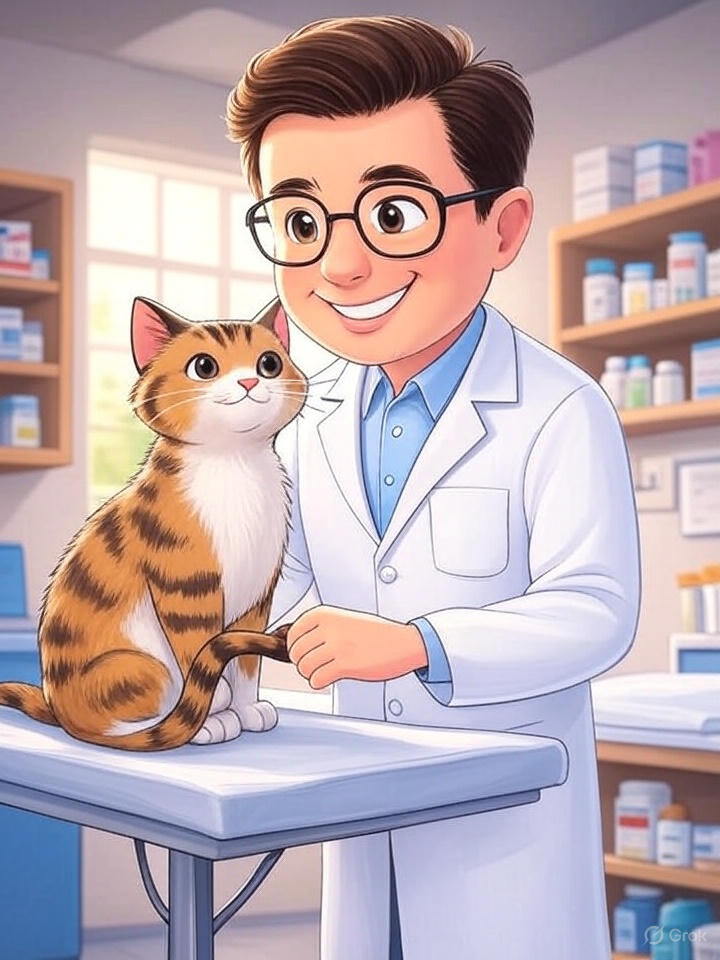2. Common Types of Veterinary Drugs
Antibiotics: Used to treat bacterial infections such as skin infections, respiratory issues, or urinary tract infections. Overuse without a vet’s prescription may lead to resistance.
Pain Relievers and Anti-inflammatory Drugs: Pets often need these after surgery, injuries, or to manage chronic conditions like arthritis. Dosage must be carefully adjusted since human painkillers can be toxic to pets.
Antiparasitic Medications: These include drugs against fleas, ticks, heartworms, and intestinal worms. Regular use is part of preventive care.
Vaccination-Related Drugs: While vaccines themselves are not prescriptions, pets may need supportive medications after vaccination to reduce fever or discomfort.
Hormonal and Endocrine Medications: Used for conditions such as diabetes (insulin), thyroid imbalance, or adrenal diseases. These require precise dosing and monitoring.
Cardiac and Respiratory Drugs: Pets with heart disease, high blood pressure, or breathing issues may need long-term medication.
These medications must be given only under veterinary supervision. Human medications are not always safe for pets—substances as simple as ibuprofen, paracetamol, or aspirin can cause life-threatening poisoning in dogs and cats.
